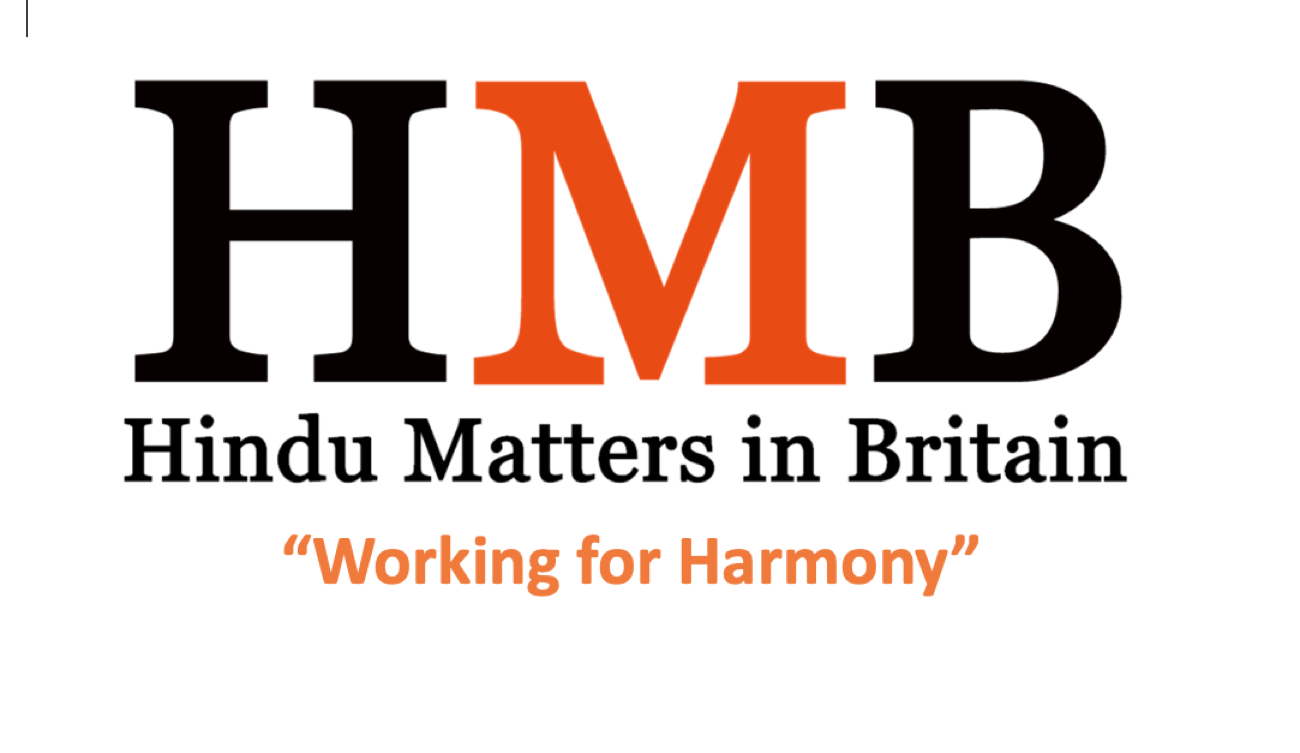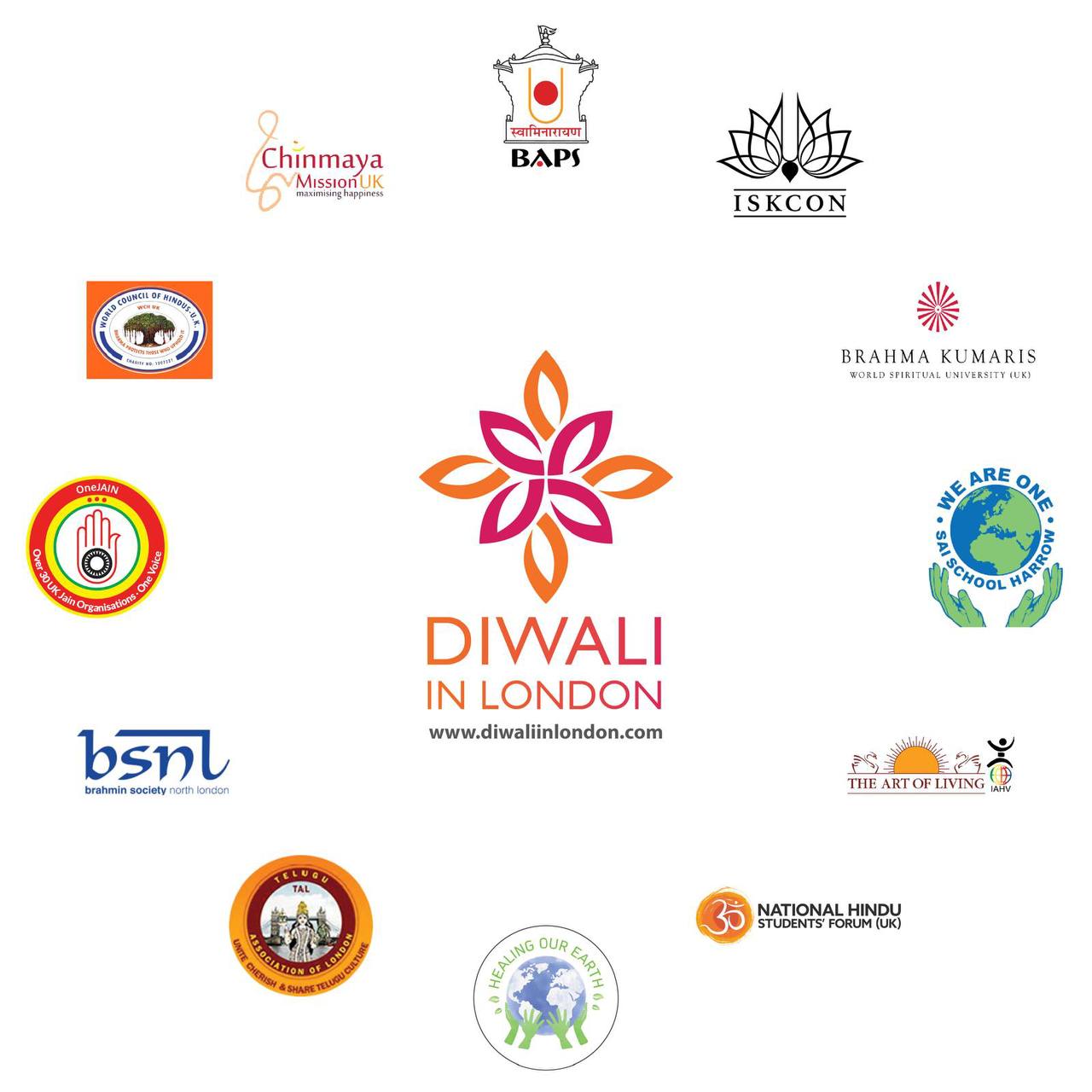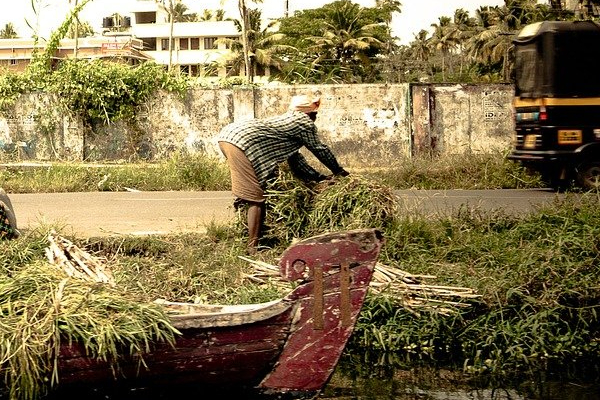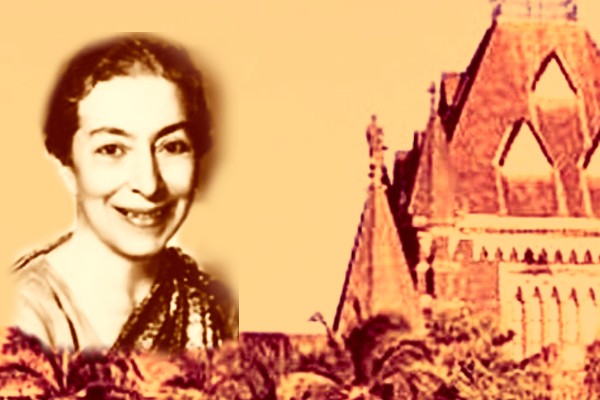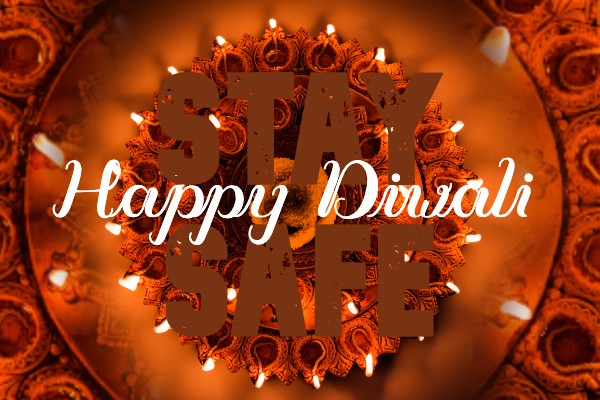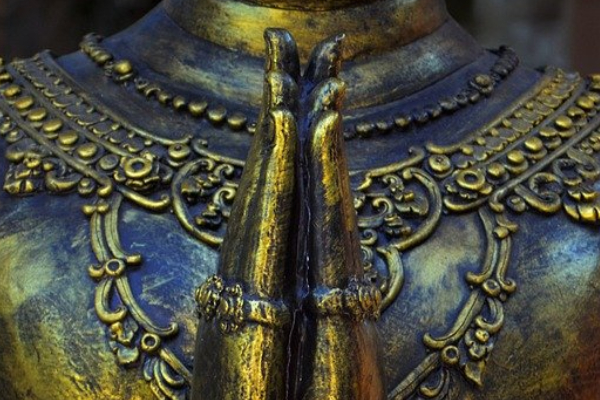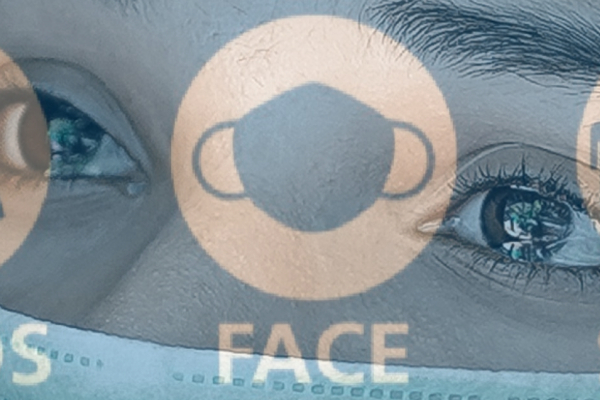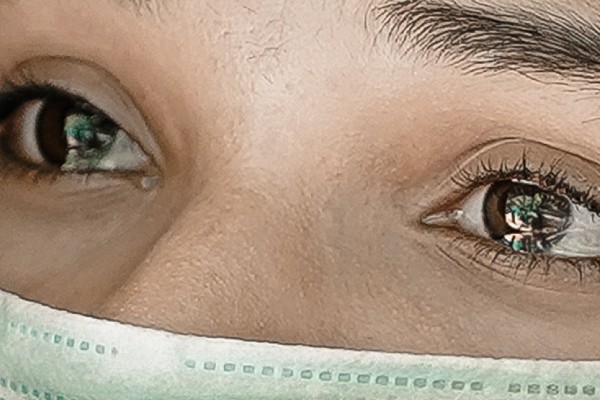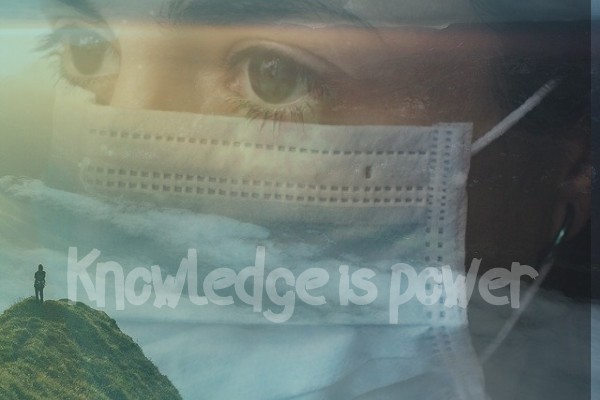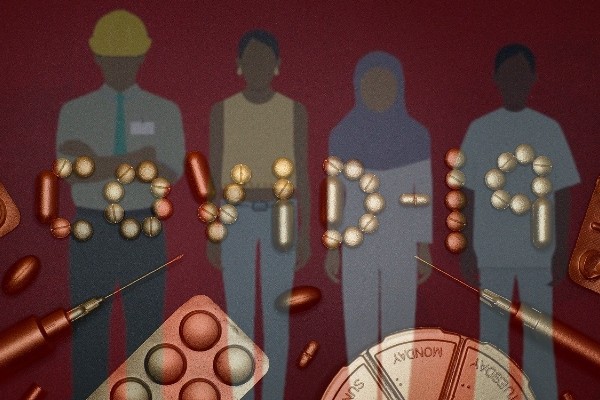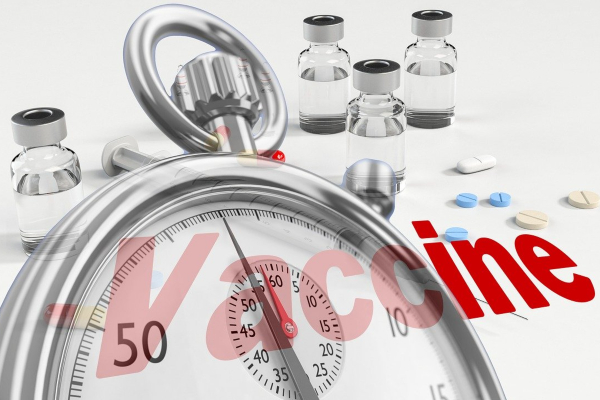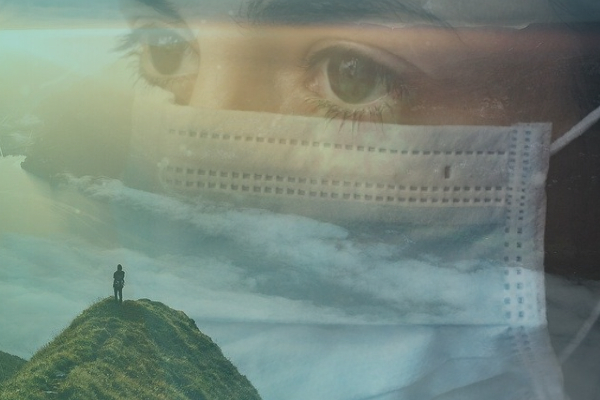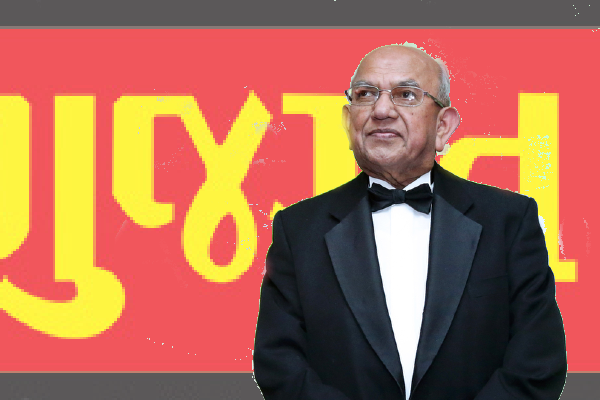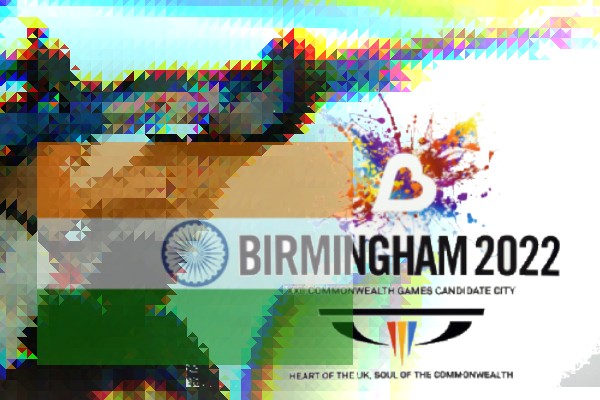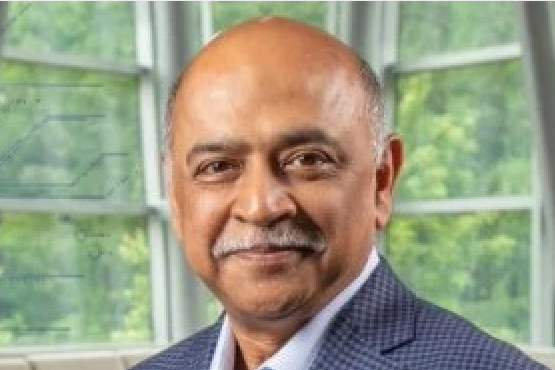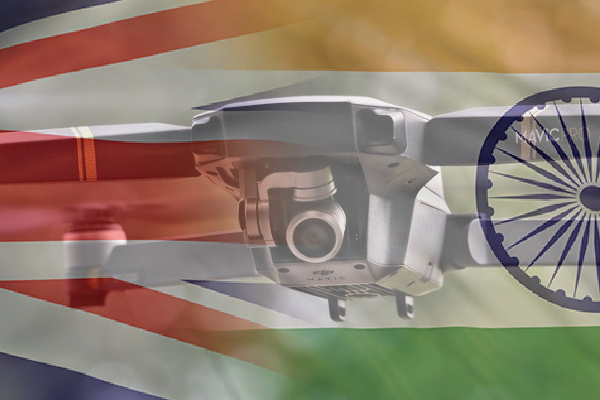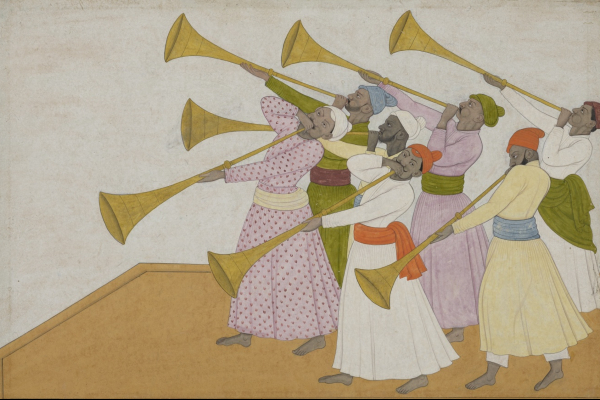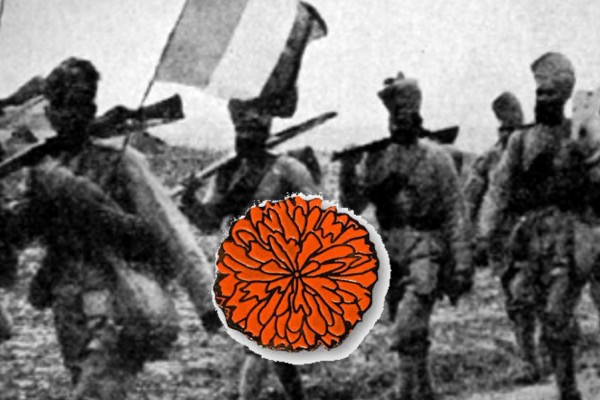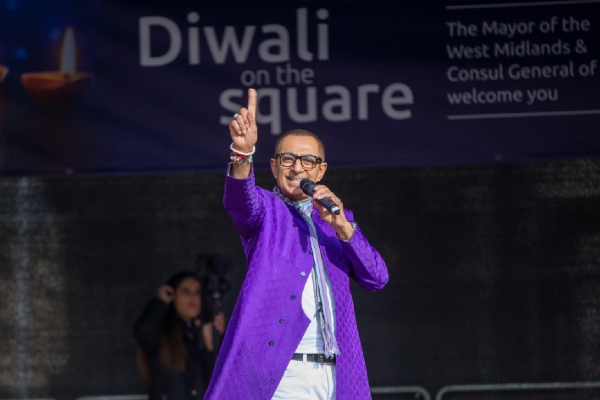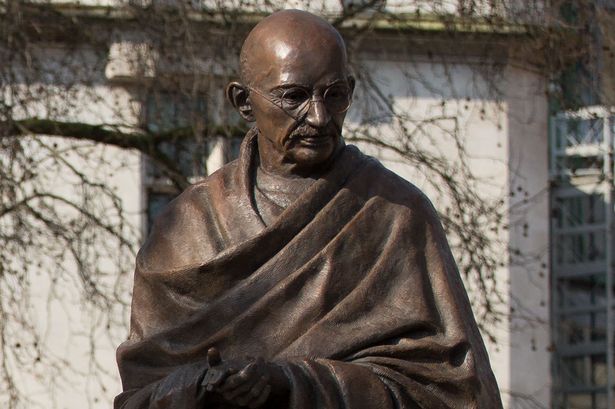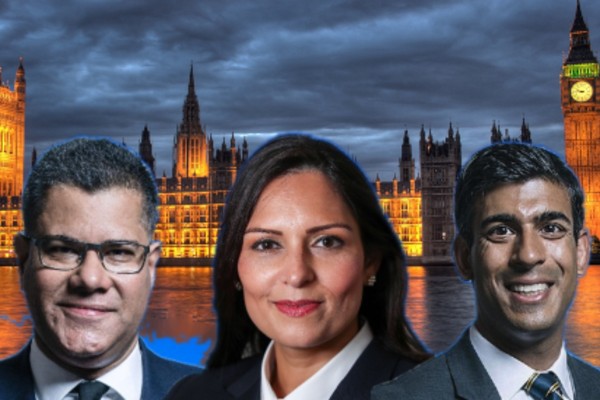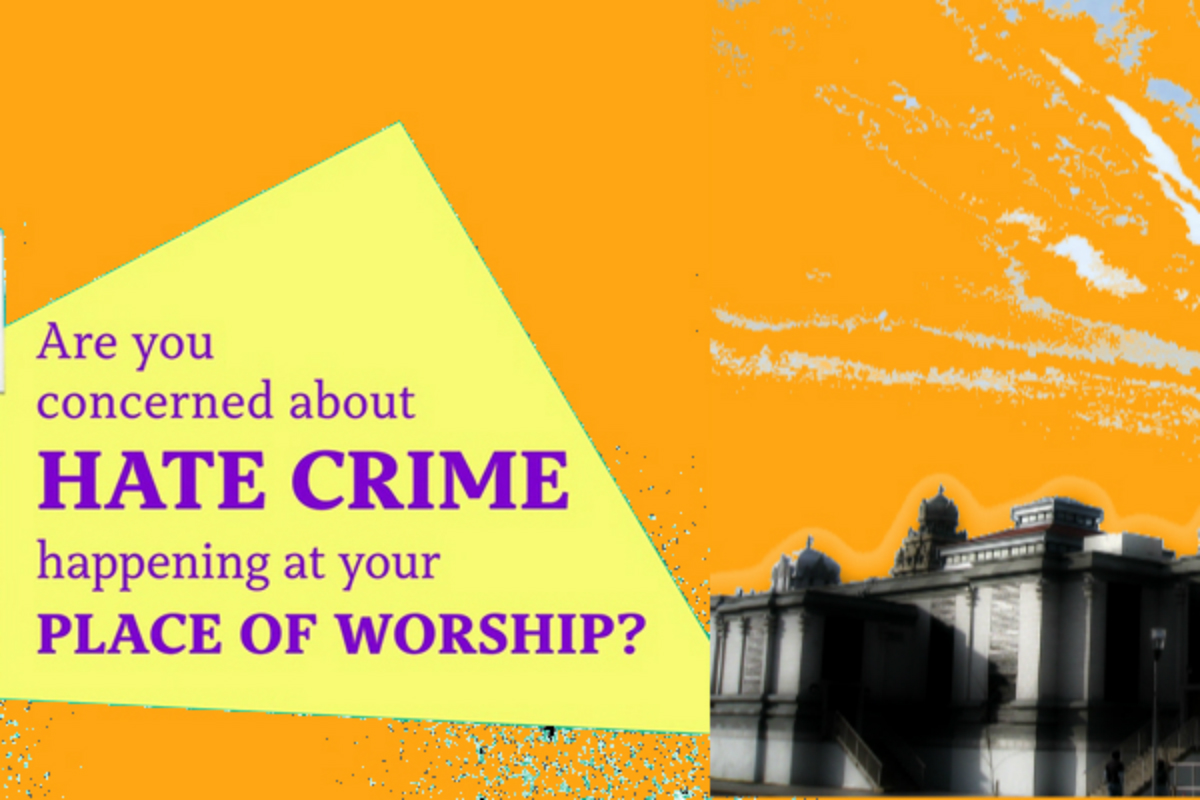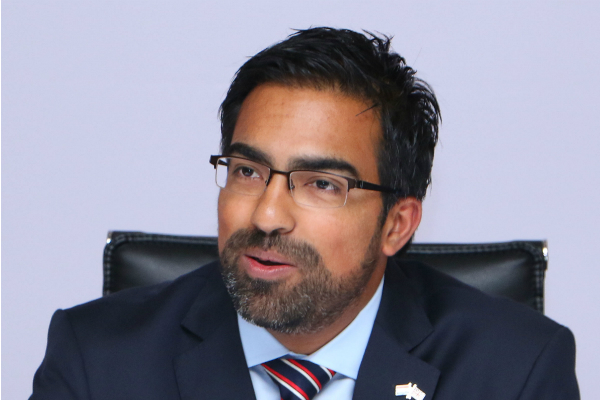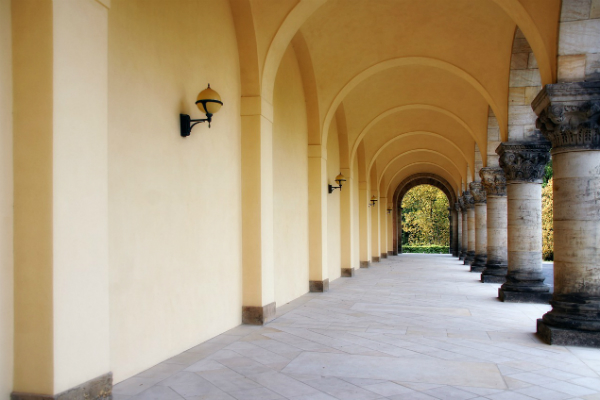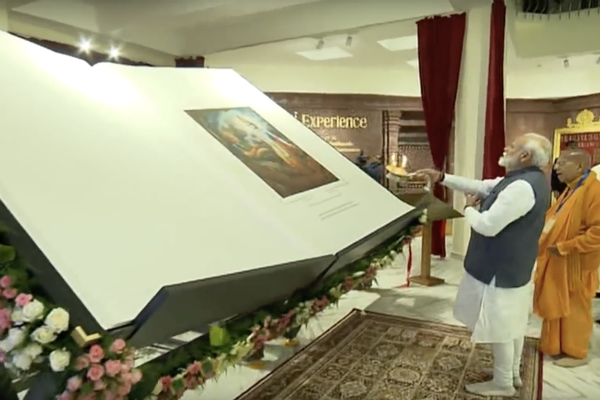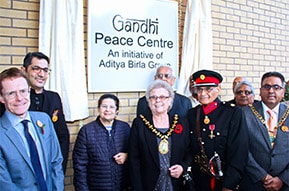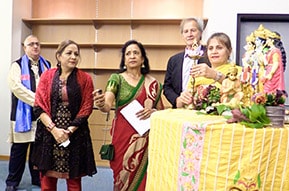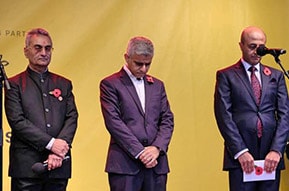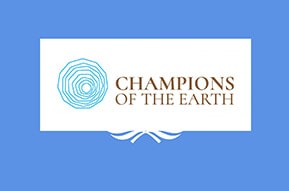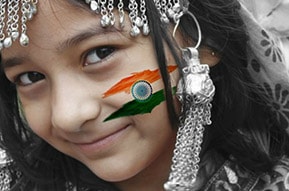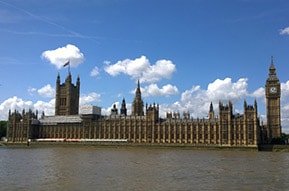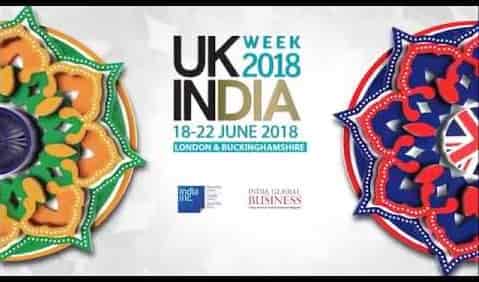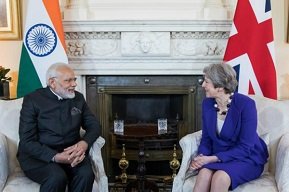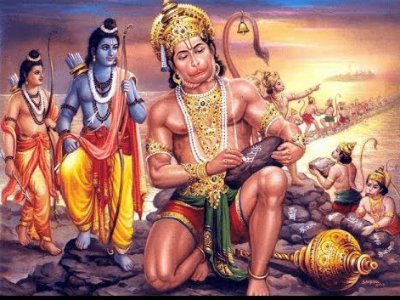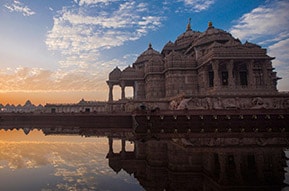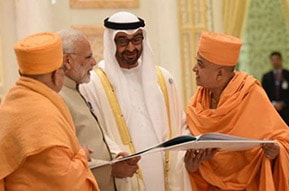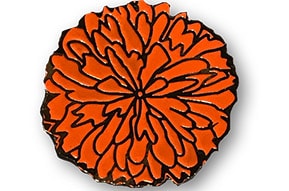British Indians on the Rise
The profile of the Indian community is on an upward trend. We are hearing more and more about the astonishing economic rise of the Indian economy. Outside India, we are hearing the success of Indian talent in places like the USA with President Obama picking Indian born Vivek H. Murthy for the Surgeon General’s post.
Findings from the UK further endorses this era of Indian success. According to the cross-party think tank Demos which analysed data from official Government sources including the Office for National Statistics shows that Britain’s Indian community is leading the way in integration and economic advancement, out-performing other minorities and increasingly the White British population. By contrast, the Pakistani and Bangladeshi communities continue to live more segregated lives and lag behind in education, health and employment.
75.7 % British Indian students in England obtain 5 or more ‘Good’ GCSE (including English and Maths), compared to 60.5 % of White British students.
13.6 % of British Indian students obtain 3 A*-A grades or better, compared to 10 % per cent of White British students, 6.4 % of British Pakistani and 5.5 % of British Bangladeshi students.
26 % British Indian students in England go on to university at the top-third of Higher Education Institutes, compared to 15 % of White British students.
British Indians are over-represented in the medical profession, accounting for 12 % of all doctors in the UK – while accounting for only 2.3 % of the population.
The proportion of economically active British Indian women in Great Britain is continuing to grow steadily, increasing from 60 % in 1993 to 70 % 2013.
12% per cent of British Indians are in mixed ethnic partnerships, compared to 7 % off British Pakistanis.
By contrast, 44 % of British Pakistanis youth in Great Britain are unemployed and out of education, compared to 17 % of White British youth. The employment rate for British Pakistani and Bangladeshi people is 49 %, compared to 73 % for White British people. British Pakistani women have some of the lowest economic participation rates in Great Britain, with 59 per cent economically inactive.
Almost 60 per cent of British Pakistanis live in the top quartile of the most segregated areas in England. Pakistani and Bangladeshi communities are over- represented in low-skilled and low-paying occupations: 25 % of Pakistani men are working as taxi-drivers, while around 50 % of Bangladeshi men work in restaurants.
British Pakistanis have the lowest life expectancy in England, with men on average living to 78.7 years – compared to 81.4 years for White British men.
Transnational marriage is particularly common in the Pakistani community – around half of all Muslim Pakistanis in Britain married someone born in Pakistan.
Such findings illustrate the different strategies that need to be considered when dealing with public services for these communities. And this can only happen when accurate data is compiled and presented for long-term decisions to be made.
Demos presented these findings as part of its launch of its Integration Hub which brings together cutting-edge research and statistics on ethnocultural integration and segregation in modern Britain.
Commenting on the launch of the Integration Hub. Chair of the Integration Hub’s Advisory Group, Trevor Phillips, said: “It is clear that we have never been more diverse than we are now, and anything that makes those differences less opaque will benefit all of us.
The project’s lead, David Goodhart, said: “The aim of the site is to be the primary reference point for the informed debate about integration issues in the UK. It is politically neutral, and will change as the facts change and our understanding deepens.”
Research Director of Demos, Duncan O’Leary, further added: “The issue of integration raises fundamental questions about how we live together, and how societies and economies make the most of their citizens. But rarely is a complete picture brought together, allowing us to track change over time and compare the experiences of different groups. This Hub will provide an invaluable resource for anyone interested in mapping how society is changing – both now and in the future.”
